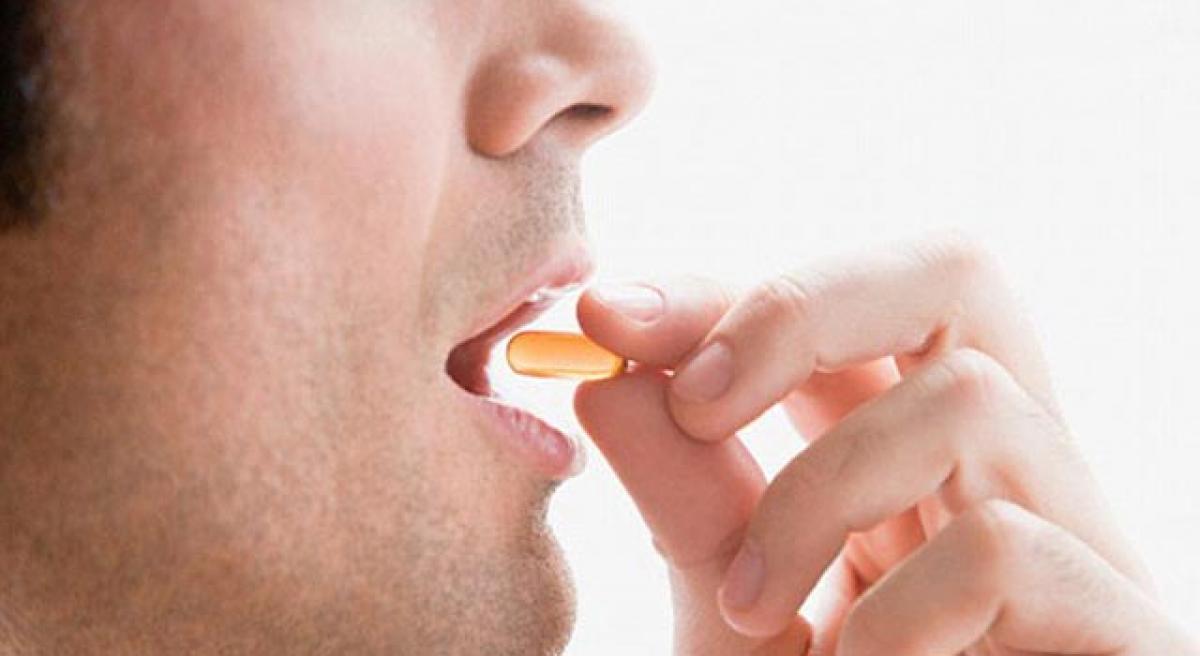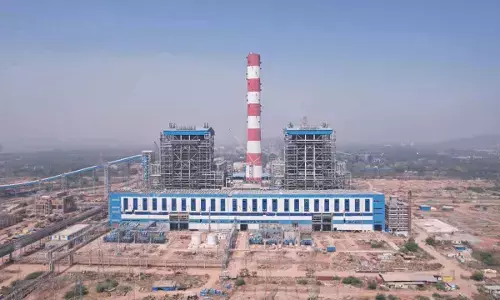Low Vitamin D may worsen frailty in men

Middle-age men with low levels of vitamin D and hormones associated with muscle- and bone-building may be more likely to develop decline in muscle mass and strength that causes frailty, a study has found.
Middle-age men with low levels of vitamin D and hormones associated with muscle- and bone-building may be more likely to develop decline in muscle mass and strength that causes frailty, a study has found. Frailty is the gradual loss of energy, strength and physical capability that can come with ageing and often leads to dependency, disability and death.
The findings showed that having lower levels of vitamin D, insulin-like growth factor-1 (IGF-1) and its binding protein 3 (IGFBP3) were associated with a higher risk of frailty. "With the ageing population, frailty-related problems present an increasing challenge to healthcare systems worldwide," said lead author Agnieszka Swiecicka, research student at the University of Manchester.
"Vitamin D, besides maintaining bone health, regulates muscle function and low vitamin D levels are linked to lower muscle mass and strength. IGF-1 affects muscle growth and repair and its action and levels are modified by its carrier protein IGFBP3," Swiecicka added.
The results were presented at the Endocrine Society's 99th annual meeting ENDO 2017 in Orlando. Further, men with low levels of anabolic hormone -- muscle- and bone-building hormone -- were found to have higher levels of frailty.
In addition, elderly men with lower levels of the hormone dehydroepiandrosterone sulfate (DHEA-S) -- which has direct anabolic effect on muscle mass -- were linked to a higher likelihood of worsening frailty.
"We showed novel associations between anabolic hormone levels and changes in frailty levels in ageing men, which could enable early identification of at-risk individuals and the development of new treatments and prevention strategies," Swiecicka said.
However, "this does not establish cause, and clinical trials will be required to find out if giving these hormones to middle-age and elderly men could prevent the development of frailty", she added.








